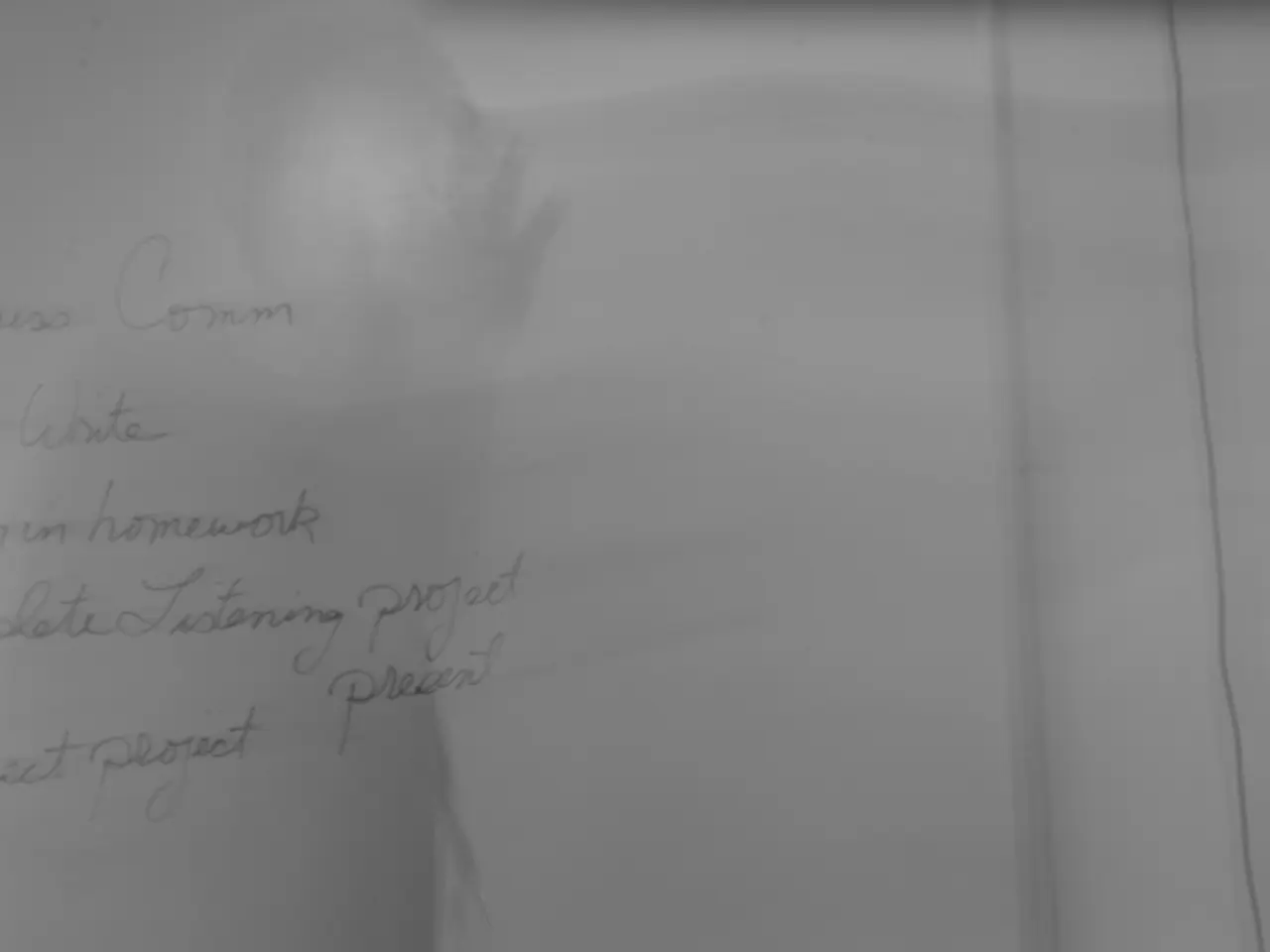Exploring Factors Behind Bankruptcy Case Dismissals: An Explanation
In the event of a bankruptcy filing, there may come a time when the court decides to dismiss the case. This article aims to provide a clear and concise overview of the process, implications, and potential solutions following a bankruptcy dismissal.
Firstly, it's important to understand that a bankruptcy dismissal occurs when a court terminates a bankruptcy proceeding before the debtor's debts are discharged. This decision is not taken lightly and is based on various factors, such as failure to file necessary documents, non-payment of court fees, failure to comply with court orders, improper filing procedures, and failure to make required payments in Chapter 13 cases.
The court procedures following the notice include a hearing to address the reasons for dismissal, allowing both sides to present evidence and arguments. The Notice of Dismissal serves as formal communication from the court, outlining the reasons for the dismissal and its implications on the debtor's financial situation. Complying with the court's procedures is vital to avoid complications, as ignoring the court's decisions or failing to follow prescribed processes can lead to further legal issues.
After a bankruptcy dismissal, individuals have several options to consider for advancing their financial situation. They can re-file the bankruptcy case, negotiate with creditors, or explore alternative debt resolution strategies. Refiling options include re-filing under the same chapter or filing under a different chapter, such as Chapter 13 after a Chapter 7 dismissal. Chapter 13 offers a structured repayment plan, enabling debtors to manage obligations over an extended period while retaining assets.
To increase the chances of a favorable resolution, seeking professional help, such as bankruptcy attorneys and financial advisors, is highly recommended. Their expertise and guidance can significantly enhance the chances of a successful outcome. Negotiating with creditors can be enhanced by utilizing a professional negotiator or financial advisor.
It's worth noting that a bankruptcy dismissal can have significant impacts. It may leave debtors without the protection of bankruptcy law, leading to resumption of creditor actions, negative marks on credit reports, and stricter scrutiny in future bankruptcy attempts. Furthermore, it can negatively impact a debtor's credit score and may limit future banking opportunities.
Lastly, it's essential to note that there is no specific information in the provided search results about which bankruptcy trustee handled the highest volume of bankruptcy cases in the United States in 2021.
In conclusion, navigating the complexities of bankruptcy dismissals requires careful consideration, adherence to court procedures, and seeking professional help. By understanding the process, implications, and potential solutions, individuals can take steps towards financial recovery and a fresh start.







